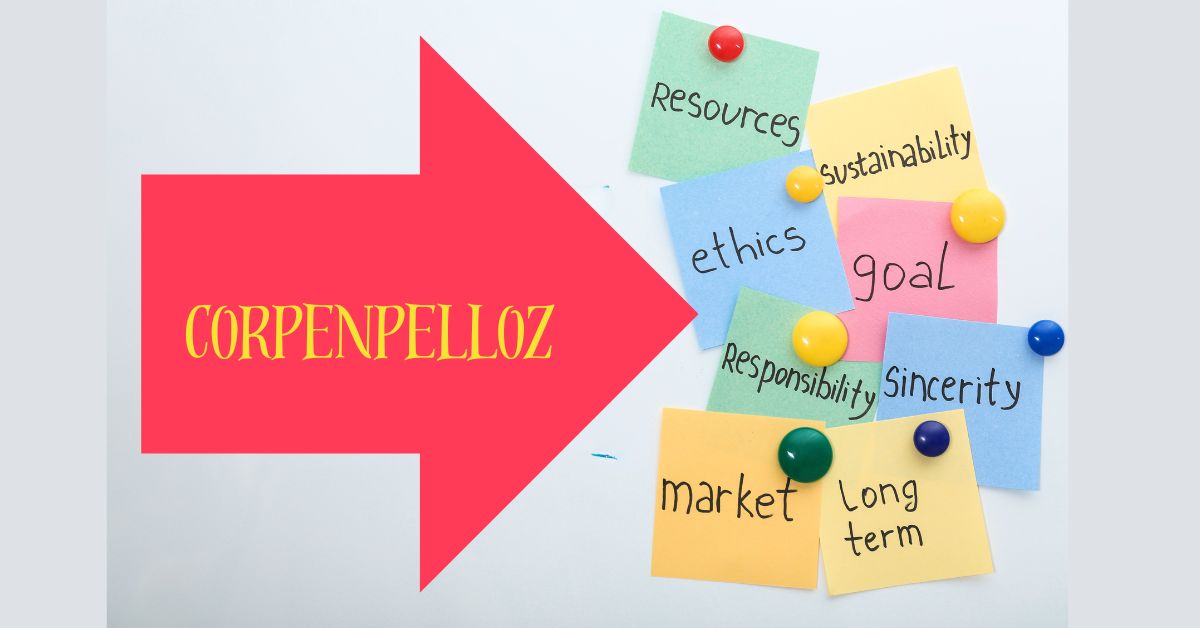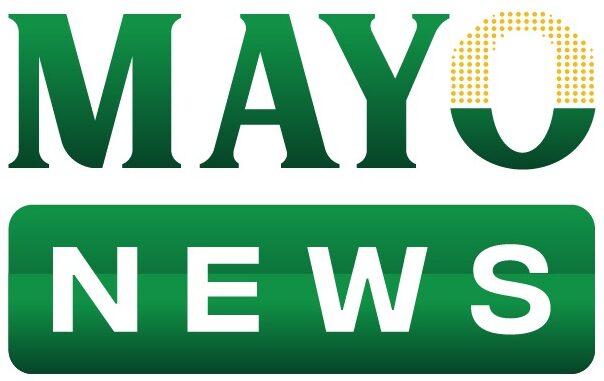How “Corpenpelloz” Can Build-On Corporate ethical Practices?

In today’s rapidly evolving business landscape, corporate ethics and employee welfare have become key areas of focus. One emerging concept that bridges these issues is Corpenpelloz—a framework that integrates corporate penitentiaries, ethical business strategies, and technological advancements to promote productivity and social responsibility.
This blog explores the origins of Corpenpelloz, its impact on industries, ethical considerations, and the future potential of this innovative corporate model.
What is Corpenpelloz?
Corpenpelloz refers to the establishment of corporate penitentiaries, specialized institutions aimed at rehabilitating employees involved in legal or ethical infractions. The concept, developed in the late 20th century, seeks to instill accountability and reinforce ethical behavior while providing structured environments for professional growth.
Key Features of Corpenpelloz:
- Ethical Reform Programs: Employees undergo structured rehabilitation to re-enter the corporate workforce.
- Skill Development: Training programs focus on compliance, leadership, and productivity.
- Structured Work Environments: Facilities minimize distractions, enhancing focus and efficiency.
- Social Responsibility Integration: Encourages businesses to prioritize ethical workforce management.
The Evolution of Corpenpelloz
Initially designed to address corporate misconduct, Corpenpelloz has evolved to serve as a hybrid model blending education, rehabilitation, and work ethics. Companies are now using this system to:
- Strengthen Compliance Training
- Reduce Employee Turnover
- Enhance Workplace Accountability
Corporations implementing Corpenpeloz programs aim to balance operational success with ethical responsibility, ensuring that employees receive second chances while upholding corporate values.
How Corpenpelloz is Reshaping Industries
The impact of Corpenpeloz extends across multiple industries, influencing how businesses approach rehabilitation and ethics.
1. Workforce Development
Companies are integrating Corpenpeloz into their human resource strategies, focusing on:
Skill-building initiatives
Compliance workshops
Ethical decision-making training
By doing so, businesses are cultivating a more accountable and skilled workforce.
2. Corporate Productivity Enhancement
Structured rehabilitation environments encourage employees to remain focused on professional development, reducing workplace distractions and enhancing efficiency. Studies show that structured workspaces contribute to:
Increased job satisfaction
Higher retention rates
Greater long-term productivity
3. Cost-Effectiveness
Maintaining Corpenpeloz facilities can lower training costs by providing in-house education and compliance programs. Businesses benefit from reducing recruitment expenses while enhancing workforce stability.
4. Ethical Business Models
Corporate penitentiaries offer businesses an opportunity to demonstrate social responsibility. Ethical rehabilitation ensures:
- Transparency in workforce management
- Fair treatment of employees
- Alignment with corporate sustainability goals
Ethical Considerations
Despite its benefits, Corpenpeloz raises ethical concerns regarding workforce rights, rehabilitation fairness, and public perception.
Key Ethical Debates
Exploitation Risks: Are businesses benefiting unfairly from rehabilitated labor?
Workplace Equity: How do these models impact employee morale?
Transparency Issues: Are companies disclosing their workforce rehabilitation practices?
Corporations must navigate these ethical dilemmas carefully, ensuring that Corpenpeloz is implemented in ways that prioritize fairness and worker rights.
Future Implications
The future of Corpenpeloz lies in its integration with technology and evolving workplace trends.
1. AI-Powered Rehabilitation Programs
AI-driven learning modules can provide personalized training, enabling employees to develop skills at their own pace.
2. Virtual Reality (VR) Training Centers
Immersive VR environments can enhance compliance training by simulating real-world ethical dilemmas.
3. Global Expansion and Policy Adaptation
As businesses worldwide adopt Corpenpeloz, governments may introduce regulations ensuring ethical implementation.
Conclusion
Corpenpelloz represents a paradigm shift in corporate ethics, rehabilitation, and workforce development. While it presents exciting opportunities for business transformation, its ethical implications must be addressed to ensure a fair and transparent approach to corporate responsibility.
By balancing productivity with social responsibility, Corpenpeloz can reshape industries, redefine workforce management, and create a more ethical corporate landscape.
For More Updates: Click Here!
FAQs
Is Corpenpelloz legally recognized?
While the concept is gaining traction, it is still evolving in terms of legal frameworks and corporate policies.
How do companies implement Corpenpelloz?
Companies integrate Corpenpelloz through rehabilitation programs, compliance training, and structured workforce development initiatives.
What are the risks of Corpenpelloz?
Ethical concerns include potential labor exploitation and transparency issues. Companies must ensure fair treatment and proper oversight.
Can Corpenpelloz improve employee retention?
Yes. Structured rehabilitation and training environments foster loyalty, reducing turnover rates.
How does Corpenpelloz benefit businesses?
It enhances workforce efficiency, reduces hiring costs, and improves corporate ethics, ultimately leading to long-term business growth.






